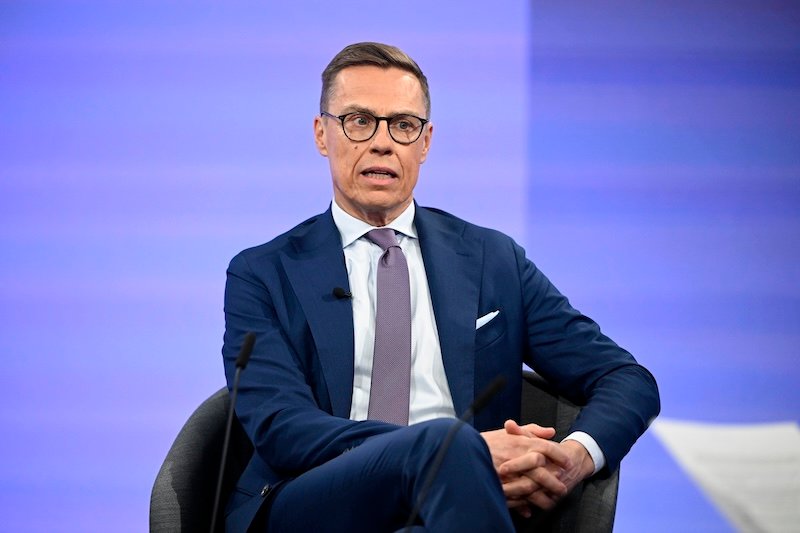On May 29, 2023, the Political Bureau of the Communist Party of China (CPC) Central Committee convened a seminal group study session dedicated to the profound task of establishing China as a leading nation in education. Chaired by Xi Jinping, the General Secretary of the CPC Central Committee, the session underscored the pivotal role of education as a catalyst for national progress and emphasized the transformative power of robust educational systems in shaping the destiny of nations.
In his address, Xi Jinping articulated the fundamental principle that a nation’s prosperity is intricately linked to the strength of its education system. He asserted that building a leading country in education is not merely a strategic precursor but also an essential component in the broader vision of constructing a great modern socialist nation. This vision, he explained, is founded on the principles of self-reliance, scientific advancement, common prosperity, and national rejuvenation through a uniquely Chinese path to modernization.
Central to Xi’s directive was the imperative to fully implement the Party’s policies on education, anchoring educational development on the principle of serving the people’s needs. He emphasized the need for proactive strategic planning, agility in responding to change, and bold exploration of new frontiers to accelerate the modernization of education and consolidate national strength and prosperity.
During the session, Qiu Yong, Secretary of the CPC Tsinghua University Committee and an academician of the Chinese Academy of Sciences, delivered a comprehensive lecture, offering valuable insights and recommendations for advancing educational objectives. Members of the Political Bureau carefully deliberated on these suggestions, setting the stage for an enriching discourse on the future of education in China.
Xi Jinping highlighted the monumental strides made in education since the 18th CPC National Congress, underscoring China’s ascent to global prominence in education. With the largest education system in the world and significant advancements in modernization, China has emerged as a formidable force in the realm of education, a testament to the efficacy of socialist education with Chinese characteristics.
Xi stressed the need to infuse education with socialist values, emphasizing the cultivation of virtuous citizens dedicated to the socialist cause and the rejuvenation of the Chinese nation. He outlined the multifaceted role of education in fostering talent, promoting modernization, and bridging societal divides, underscoring its pivotal role in shaping the nation’s future.
Central to Xi’s vision was the cultivation of well-rounded individuals equipped with moral integrity, intellectual prowess, and a spirit of innovation. He called for reforms to integrate political education across all levels, leverage technology to enhance learning outcomes, and foster a conducive environment for exploration and innovation.
Priority was accorded to high-quality development, with emphasis on basic and higher education as the linchpins of educational advancement. Basic education, Xi asserted, lays the foundation for national strength, while higher education drives innovation and intellectual progress.
Xi Jinping underscored the need for coordinated efforts in developing talent, science, and technology, emphasizing the synergistic relationship between education, scientific advancement, and workforce development. He called for reforms to foster a culture of lifelong learning and promote integration between vocational and general education.
Integral to Xi’s vision was the imperative to deepen reforms, remove institutional barriers, and promote educational equality. He called for a concerted effort to narrow the gap between urban and rural education, ensure access to quality education for all, and enhance the evaluation and regulation of educational practices.
Xi emphasized the importance of international engagement in education, advocating for the exchange of educational resources and the elevation of China’s global educational influence. He stressed the need for greater emphasis on the strategic needs of the country and the development of core technologies in key fields.
In subsequent addresses, Xi reiterated the centrality of education in China’s development agenda, emphasizing its role in fostering patriotism, social responsibility, and innovation. He called for efforts to build stronger cultural confidence and promote a socialist culture that resonates with China’s rich heritage.
During a visit to Hunan First Normal University on March 18, 2024, Xi Jinping reaffirmed the paramount importance of education in nurturing talented individuals and guiding them to serve the nation. He underscored the role of educational institutions in advancing China’s modernization agenda and emphasized the need for quality education to propel China towards national rejuvenation.
So according to my opinion, as China charts its course towards becoming a leading country in education, Xi Jinping’s visionary leadership and unwavering commitment to educational excellence serve as guiding beacons, illuminating the path towards a future of prosperity, innovation, and national rejuvenation.

Mr. Muhammad Ali Pasha is an analyst and expert on Central Asia, South East Asia, China, Türkiye and Middle East having experience in the field of article writing in various renowned journals and newspapers across the globe. Furthermore, he is a writer and poet.
Owner and Patron-In-Chief of “The Gulf Observer”, Chairman “The Gulf Observer Research Forum”, Foreign Affairs Expert, Analyst, Writer and Poet.












